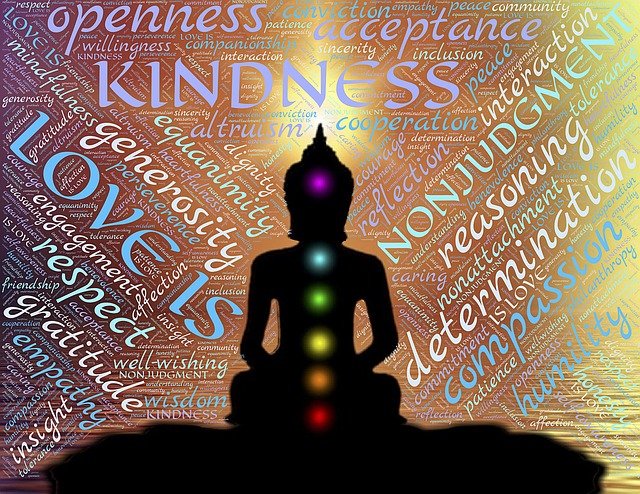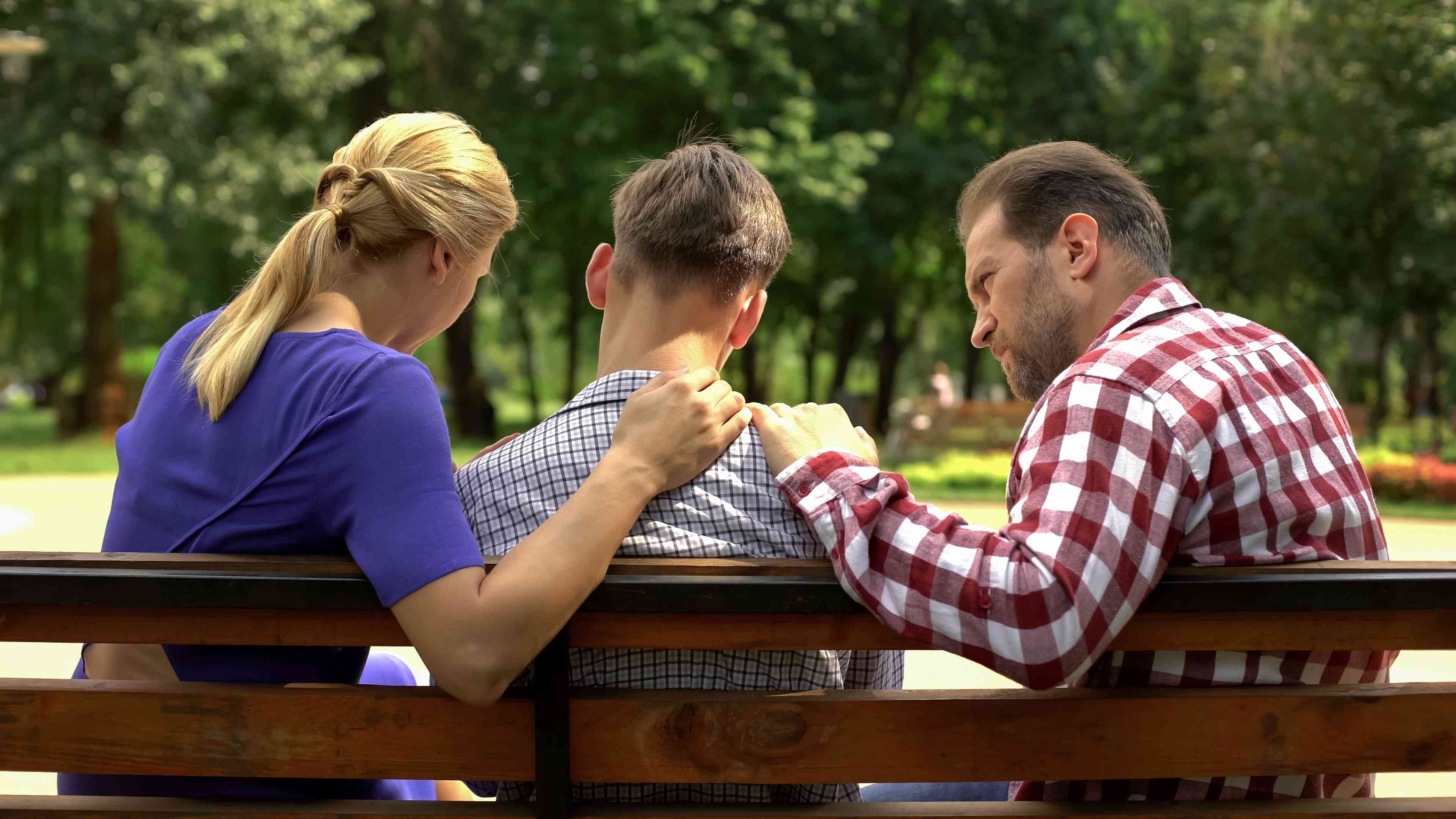I have been doing some observing and reading about being sensitive. It seems that many of the people who come in for counseling find themselves in this category. They may not use the word ‘sensitive’ but when they describe their experience it connects with qualities of one with a sensitive nature. It is something I am familiar with because I am a sensitive person and have been one all my life. It may not have been how I would have described myself until more recently though. Being sensitive is often seen as derogatory and a trait that is not valued in our culture. It may be seen as weak or too emotional. Let’s revisit that assessment after reading a little bit more about truly understanding the nature of sensitivity.
In Counseling Today’s September 24, 2019 issue, the feature article, Finding Strength in Sensitivity (Phillips, L. https://ct.counseling.org/2019/09/finding-strength-in-sensitivity/), highlights and explains what it means to be sensitive. It offers ways to reframe the cultural narrative about being sensitive, which Phillips identifies as a trait called sensory processing sensitivity (SPS). Some of the qualities associated with SPS are as follows:
- “Deeper processing of information
- Overstimulation
- Emotional responsiveness and empathy
- Sensitivity to subtleties “
The challenge of being sensitive
What does this really look like for someone who lives with SPS? In day to day terms, one may feel feelings intensely whether their own or someone else’s. There is a keen awareness of the non-verbals being communicated by others. One can appear distractible because they are aware of the variety of stimuli around them. They notice things that others may not be aware of and process these trying to make sense of what they are taking in. A child with SPS can sometimes interpret the awareness of stimuli, non-verbals and others’ feelings as personal and leave one wondering if someone is upset with them even if there is no evidence to support that. This can be quite challenging and painful. I remember working in the psychiatric inpatient setting with a very depressed patient who clearly fit the temperament of someone with SPS. This patient found it too difficult to bear the pain and suffering that she was aware of and internalized in the people and world around her. She was not aware though that the pain and suffering with which she sensed was not her responsibility to bear alone or in some instances at all. “Highly sensitive people have more brain activation, especially in the areas surrounding social context (e.g., wondering what others think about them, how others view them, or if others accept them). Always being tuned into social contexts is a strength; it is only when people can’t regulate their emotions well that it leads to increased anxiety, depression and/or stress, and frequently leads them to therapy.
The gifts of being sensitive
So how does one with SPS learn to see and use sensitivity as a gift? The first step is to recognize that being sensitive is the way in which that person experiences and processes the world. The second step is to recognize that the narrative of being sensitive is not a weakness and to reframe it as a gift. This is what I have learned over the course of my life. Being sensitive has allowed me to be able to sit with others in their pain, suffering, joys and triumphs; to be a supportive presence without internalizing others’ experiences and becoming overwhelm by them. Once we have this awareness, we can learn how to take care of ourselves as sensitive people so that we can live into its gifts to be there for others and help them in their healing and growth processes. We can be in fruitful and life giving relationship with others.
How do we embrace this gift and take care of ourselves?
The article suggests some steps and ideas that we can use to take care of ourselves. Here are some of those steps:
- Carve out regular time daily for quiet or downtime
- Follow a slower routine in the morning to set the tone for the day
- Adopt a slowing down routine prior to bedtime including a ritual of practices, such as a warm bath, meditating and/or reading
- Learn mindfulness techniques that can help when feeling overstimulated
- Learn/use prayer, meditation practices and/or yoga. There are helpful apps one can use.
- Learn to check in with yourself regularly to better assess how you are feeling, determine what you need and communicate these needs to others. You can do this by:
- Observing what does or does not contribute to your well-being
- Identifying how you feel in relation to what you have observed
- Identifying the needs or values that cause your feelings
- Make a request to fill that need or have that need met in concrete terms, including setting boundaries and limits for yourself.
If, while reading this, you recognize that you may be a highly sensitive person, please feel free to read more about it in the article, again at https://ct.counseling.org/2019/09/finding-strength-in-sensitivity/
There is an assessment in the article that identifies questions you can ask yourself to help identify if you have the qualities of a highly sensitive person. It is also something you can work with in your counseling. If this is something with which you would like help and support, please reach out to the Center for Pastoral Counseling of Virginia. We are here to help. www.pastoralcounseling.com
Request an Appointment
Individiual, Couples, Pre-Marital, Family,
Children's Counseling and Clergy Assessement
Disclaimer: The views and opinions expressed in this article are those solely of the author and do not necessarily reflect the views and opinions of the Center for Pastoral Counseling of Virginia.
Was It Helpful To You?







